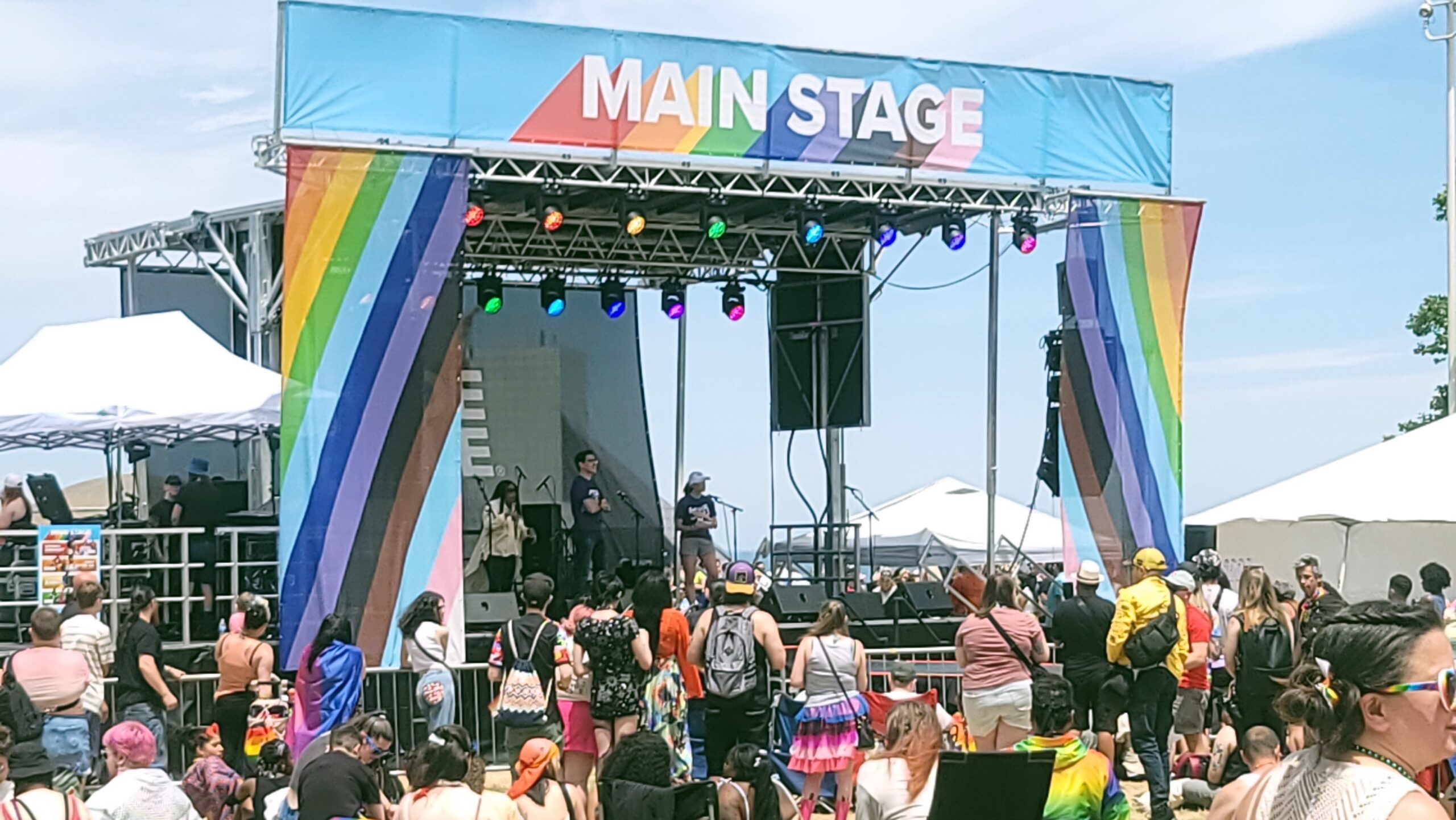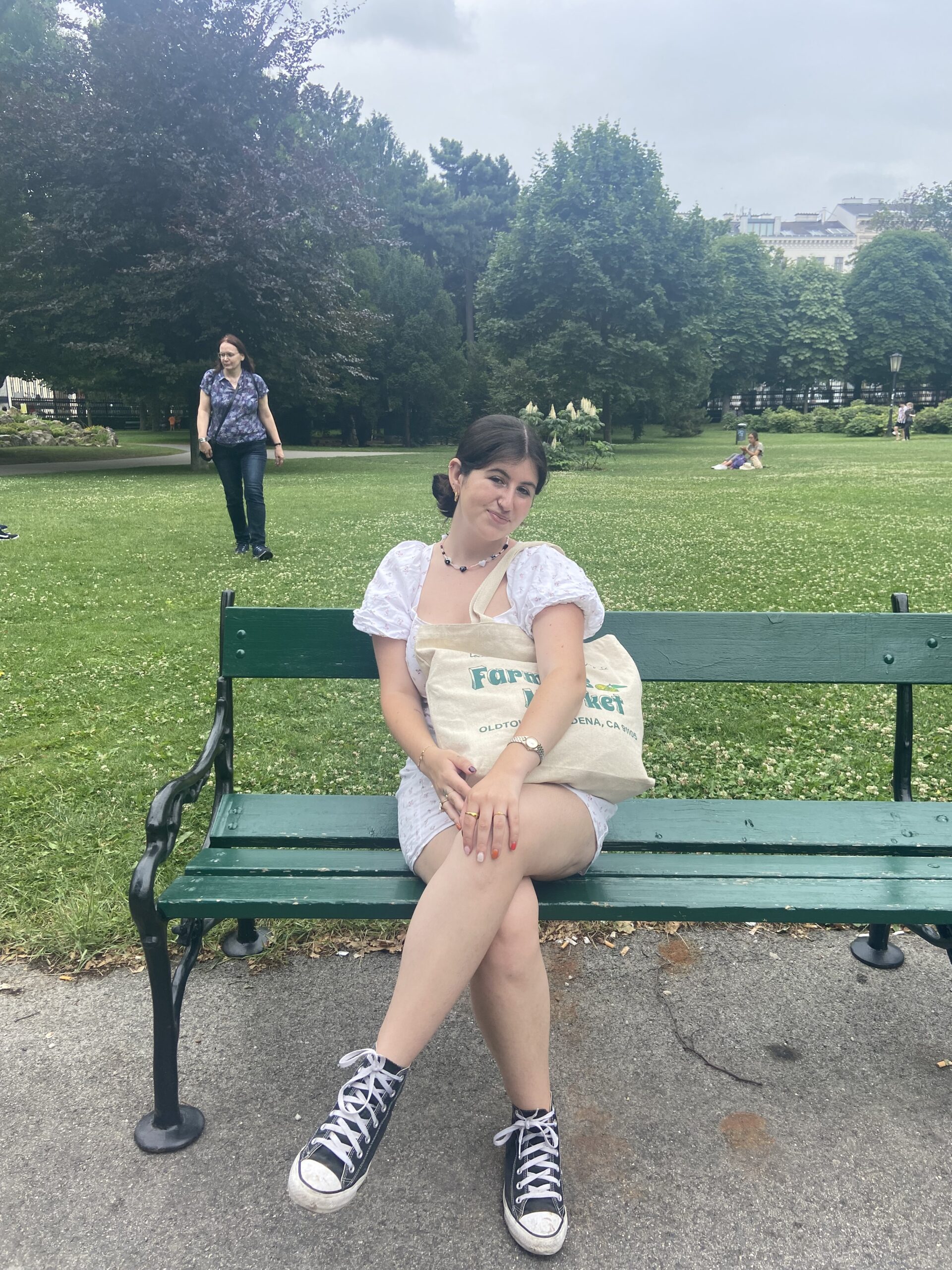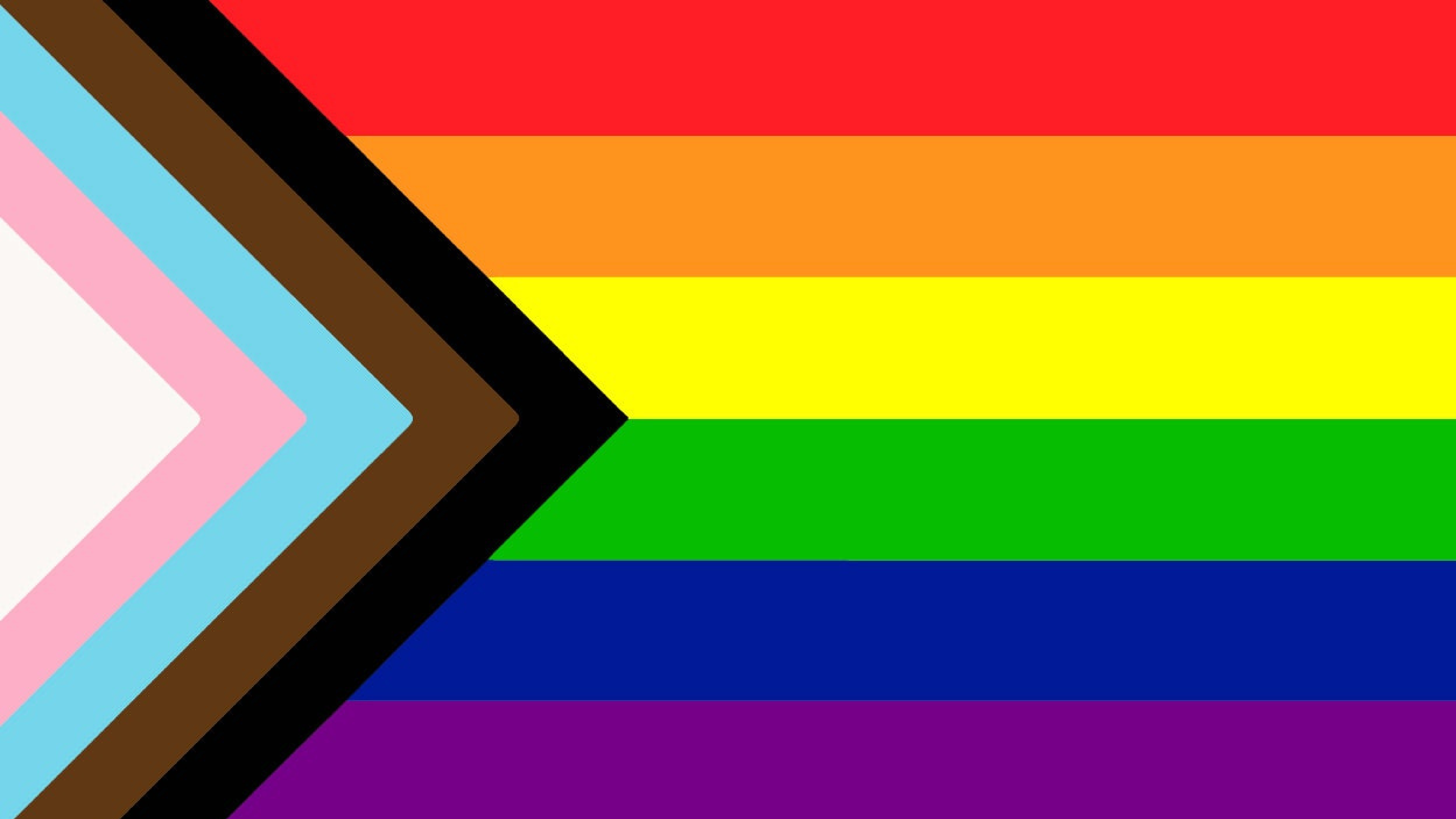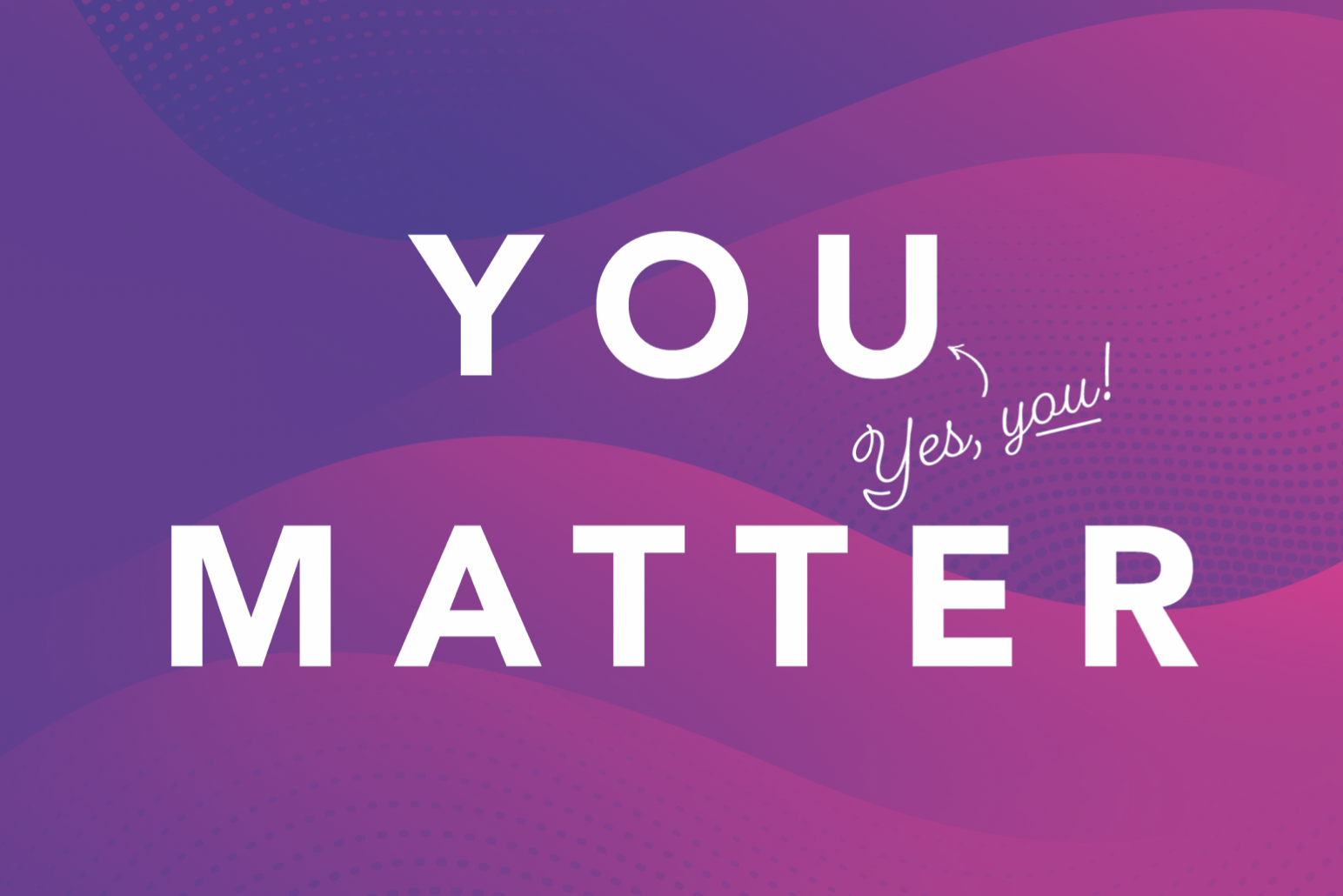When I was 15 years old, my friend was outed to his parents, and in an instant, his entire world collapsed. They didn’t just turn their backs on him—they threw him out, leaving him with nothing but heartbreak and uncertainty. He had nowhere to go, no safety net, and no idea what to do next. When he called me, his voice shaking with fear, I knew there was no question—I told him to come home with me.
Without hesitation, my family welcomed him as one of our own. We gave him more than just a roof over his head; we gave him love, stability, and the reassurance that he was not alone. I watched as he carried the weight of rejection on his shoulders, struggling to understand how the people who were supposed to love him unconditionally could abandon him. There were nights when he broke down, overwhelmed by the pain of it all, and all I could do was sit with him, reminding him that he was wanted, that he did matter, and that family isn’t just about blood—it’s about love.
Over time, I saw him start to heal. The laughter returned, the light in his eyes slowly came back, and he found the strength to move forward. With our support, he finished his senior year of high school and got into college—something that might not have been possible without a safe place to land. Seeing him walk across that graduation stage, knowing how far he had come, filled me with a kind of pride and gratitude I can’t even put into words.
Looking back, I realize how much this experience shaped both of us. It reinforced my belief that no one should ever have to face rejection for who they are. Everyone deserves a place where they are loved unconditionally, where they can be their true selves without fear. I’ll always be grateful that I could be there for him when he needed it most—and that, in the end, he gave me just as much as I gave him.
If my story resonates with you, I encourage you to take action by supporting LGBTQ+ youth who face rejection and homelessness. Sharing stories like mine helps raise awareness about the struggles many young people endure simply for being themselves. You can support organizations like The Trevor Project and True Colors United, which provide housing, counseling, and resources for displaced LGBTQ+ youth. If you’re in a position to do so, consider offering a safe space—whether that’s opening your home, donating essentials, or mentoring someone in need. Advocacy is also crucial; reaching out to local representatives and pushing for policies that protect LGBTQ+ rights can make a lasting impact. Most importantly, being a supportive friend, ally, or mentor can change someone’s life. No one should ever feel alone or abandoned for who they are, and together, we can create a world where love and acceptance always come first.





















